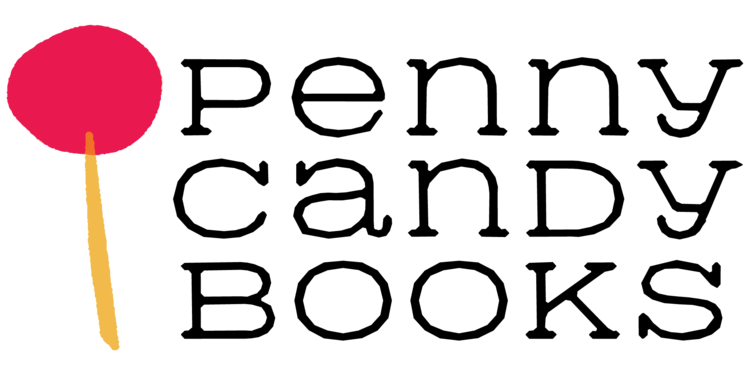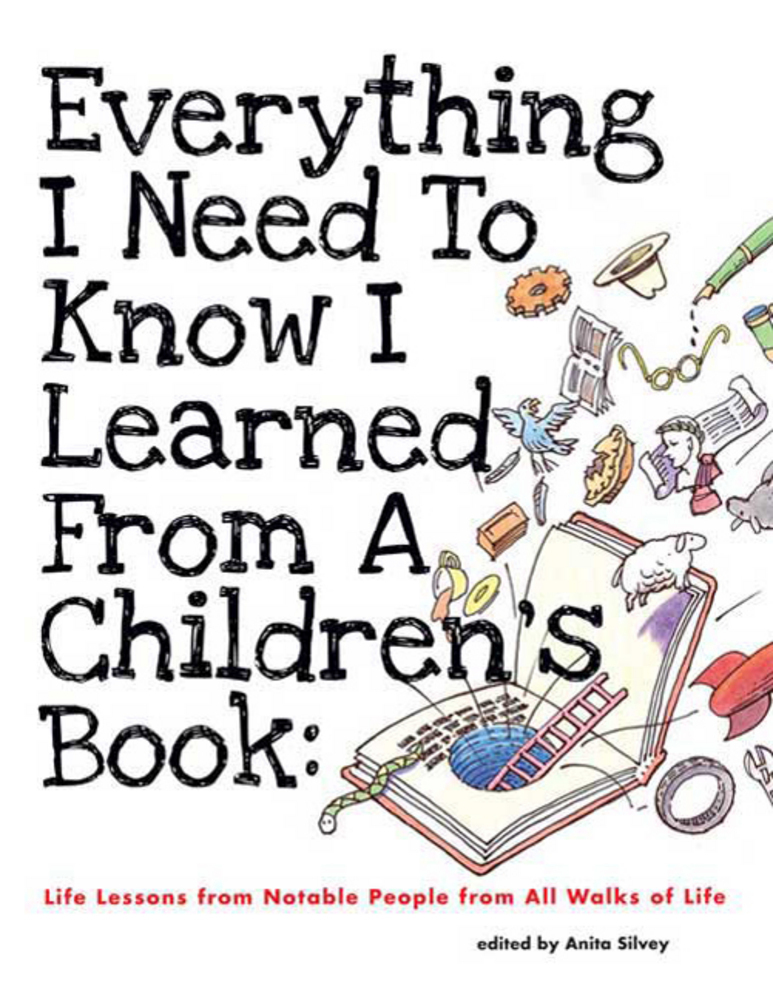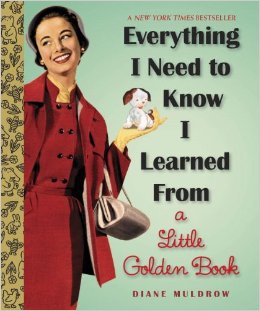Chad here. It seems that every week we reach a new milestone at PCB, and this week marks the first that our new physical office (our "headquarters") seems put together enough to actually work in. Located in the historic Paramount Building in Oklahoma City's Film Row District just west of downtown, the office is 175 square feet of bliss with high ceilings, a whole wall of built-in cabinets, and a great view of downtown. But when I first saw it, the walls had a hideous green paint on them, and there was a drop ceiling with two rows of old fluorescent lights. It was clear that hiding behind those regrettable modifications was a gem of an office space, its original beauty obscured by whim and fashion.
I've been working on rehabilitating some old furniture to use in the space. One is this credenza with a chrome lip and marble top. Notice the wood grain. When my wife purchased this a couple years ago, it had been smothered in a maroon polyurethane finish that obscured the natural beauty of the wood. I've been slowly sanding it down, and this past weekend I applied a nice ebony stain.
I think there's a metaphor here for parents. Too often, without thinking, we try to form our kids into what we want them to be. We try to “finish” them, to paint over their natural beauty. We expect them to perform the roles we prescribe them. We do it without thinking because, after all, our kids seem to be miniature reflections of ourselves in many ways. Painting over walls or furniture isn’t the end of the world, but maybe not such a great idea with humans. How many of us would have benefitted from a parent telling us that our natural instincts were good enough?
How much better if, instead of shellacking them in what we envision they should be, we would instead help them to discover their own natural grains? Not turn them loose exactly; rather help them help themselves? Maybe they’d get a stain (that could be called culture), but only if it lets their own inner beauty shine.









